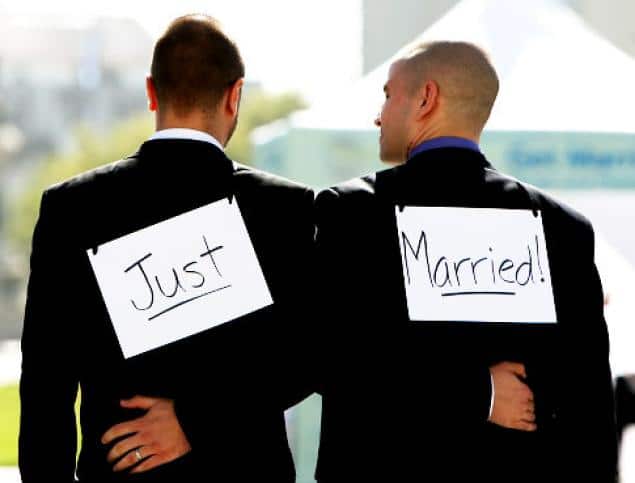




Hello everyone, I couldn't find another thread out there covering this, and I don't know if anyone is interested, but I thought I'd open one just in case. Anyhow, batting for the other team myself, I'm inevitably fascinated by the progression of gay rights. So if laws are being passed in your country, or discussions are taking place, post about them here!
Okay, so currently, gay marriage is legal in a total of approximately 21 countries, however this only includes one African country (South Africa) and 0 countries in Asia. Nevertheless, others are in the process of having just legalised it, and are due to start practising gay marriage at a later date, those include:
Ireland (mid - November 2015)
Finland (2017)
Jersey (2017)
Loads more countries are having debates and discussions, and look set to legalise it imminently. I know Germany and Australia have had a lot of pressure placed onto them to hurry things up after the USA supreme court ruling (I still can't believe that got through to be honest). However, asides from the more obvious choices, things are looking up in:
Andorra - Local groups were outraged when Parliament rejected its implementation in 2014 and sought to take legal action to secure the right to marry.
China - Apparently, a politician implied that in the long run, gay marriage would be legalised, but not in the short term.
Malta - Began accepting foreign unions in mid 2014, and public support has increased rapidly in the last decade, going from 6% in 2006, to 65% in 2015.
Northern Ireland - They hold a referendum seemingly every year over this, and the one held this year was extremely narrow, and was only just prevented from being legalised, so whenever they decide to next vote on the issue, it's likely that it'll pass.
Switzerland - President Simonetta Sommaruga publicly hoped that gay and lesbian couples would legally be permitted to marry "soon".
Taiwan - Discussions were held and considered in 2014 and 2015, and are due to be again in 2016. Public opinions poll fairly highly too, and with the majority of Asian countries struggling to gain any leverage, they look likely to become the first Asian country to legalise gay marriage.
Japan - As of the end of 2015, they're quickly becoming fierce competition for Taiwan as a small district issued its first marriage license to a lesbian couple. Apparently though, they haven't received the same privileges and protection as heterosexual couples, but many citizens perceive it as a symbolic victory and a significant step forward to the legalisation of gay marriage in Japan.
As for gay adoption, the issue is far more complex, but currently, (about) 26 countries permit gay couples the right to adopt children. Loads more allow LGBT individuals to either adopt as a step-parent or as an individual. Like with marriage, Finland will permit full rights in 2017!
Last edited by CiCi; 11-08-15 at 05:57 PM.


